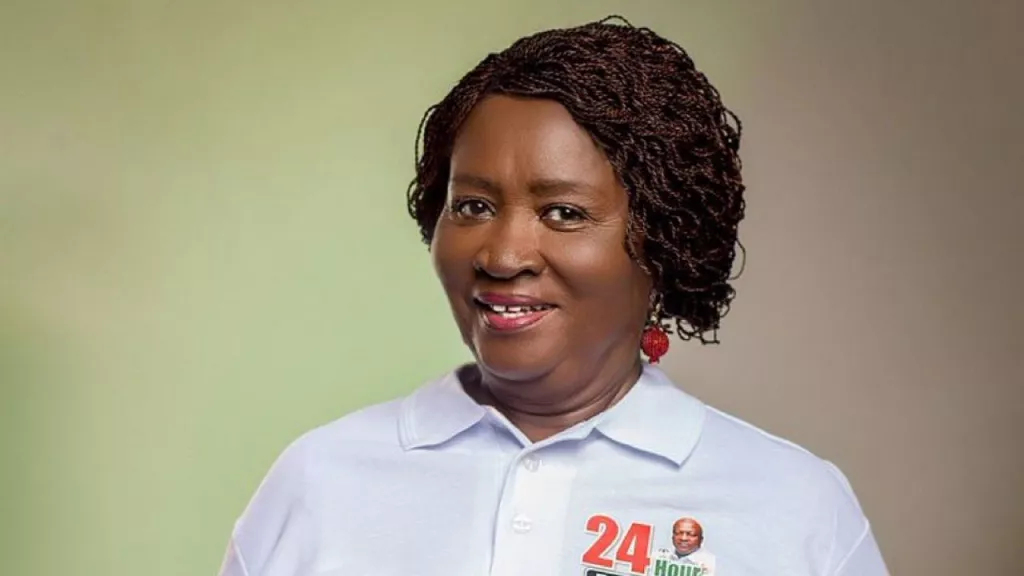Ghana has reached a remarkable milestone in its democracy with the election of Professor Naana Jane Opoku-Agyemang as the country’s first female Vice President-elect. Joining President-elect John Dramani Mahama from the National Democratic Congress (NDC), her victory stands as a powerful testament to advancing gender representation in Ghanaian politics.
A Pioneer in Academia and Leadership
Born on November 22, 1951, in Cape Coast, Prof. Opoku-Agyemang is a distinguished academic who earned her Bachelor’s degree and Diploma in Education from the University of Cape Coast, later achieving her Master’s and Ph.D. in English Literature from York University in Canada. In 2008, she broke barriers by becoming the first woman to lead a public university in Ghana as Vice-Chancellor of the University of Cape Coast.
Transitioning to Politics
In 2013, she became the Minister for Education under President Mahama, where she spearheaded vital reforms, enhancing infrastructure and access to educational resources. Her historic nomination as the NDC’s vice-presidential candidate in 2020 marked a significant moment as she became the first woman to be nominated for this role by a major party in Ghana.
The Importance of Her Election

Prof. Opoku-Agyemang’s election is not just a victory for her; it symbolizes a transformative achievement for Ghana, inspiring women across Africa. With her extensive background, she is poised to champion education reform, gender equity, and youth empowerment.
A Nation in Celebration
In the wake of the election results, NDC supporters celebrated fervently, with countless women expressing pride in Opoku-Agyemang’s achievement, viewing it as a powerful validation of women’s potential in leadership.
Looking Forward
As she embarks on this groundbreaking journey, her dedication to education and national unity will lead her in shaping a brighter future for Ghana. This election signifies not only progress but also an unwavering resilience, promising a more inclusive political landscape under the leadership of Mahama and Opoku-Agyemang.







